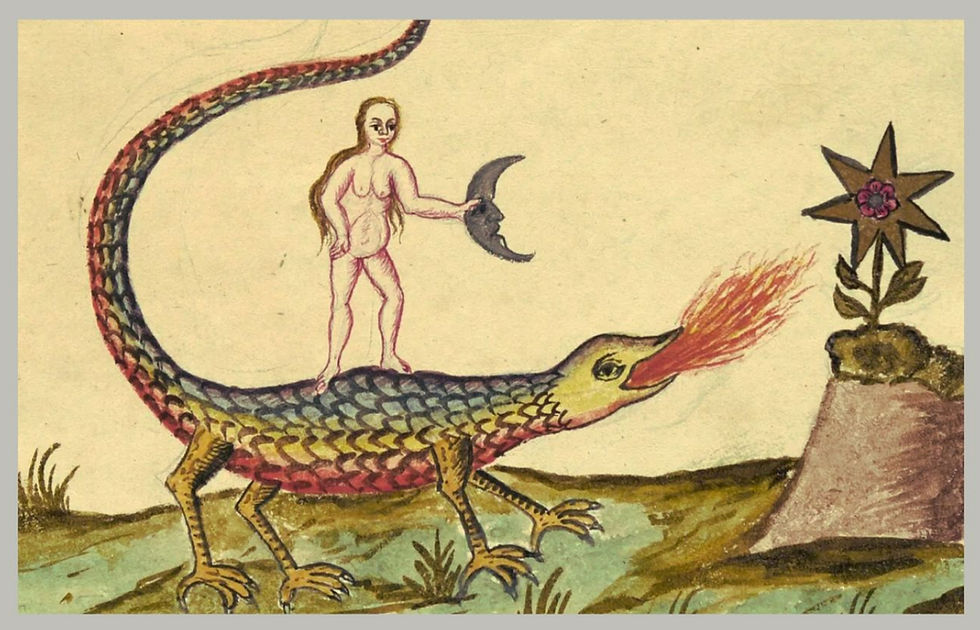Nirbhaya case: Death Penalty and What Does it Solve
- Ekta Kumar
- Sep 5, 2022
- 3 min read

They walked to the gallows knowing millions across the country were baying for their blood, waiting impatiently for news of their death. Nirbhaya’s killers were executed at 5:30 am this morning at the ‘phansi kotha’ in Tihar Jail. What went through their minds minutes before the end - shame, repentance, denial, fear - we can never really know what they thought or felt, but just outside the gate, there was a visible sense of relief. A huge crowd waving flags and placards had been waiting all night to celebrate.
Nirbhaya’s death led to an unprecedented, collective outpouring of anger and grief. She did not deserve to die like that. The crime was brutal and the details horrifying. The country was outraged.
There were demonstrations, candlelight vigils and passionate conversations on digital forums. It became a movement, symbolic of women's resistance to rape. It brought forward all that was wrong with civilised society. We protested against insufficient security, misuse of juvenile laws, an insensitive police force, an inadequate transport system, red tape, bureaucracy, plight of women and most of all we protested against the six men - the faces from hell.
Their depravity shocked us. They were cruel, capable of the most dehumanising acts of torture and rape. They were merciless, men with no souls and no heart. They represented all that was evil and wrong with society. They committed acts that were ruthless and savage. ‘Justice has been done’ her mother had said, when the court issued a death warrant order against the accused, most of India felt the same.
Despite frantic petitions and last-minute appeals, we woke up to the news that the four men, Mukesh Singh, Akshay Thakur, Pawan Gupta and Vinay Sharma were finally hung for their crime today. Activists have hailed the move, her parents are relieved, sections of civil society are triumphant, political leaders have reacted, and the nation, in a celebratory mood. Despite seven long years since the horrific incident, we did not forget her.
However, in the seven years since, thousands of women in our country have continued to suffer. They have been molested, beaten, raped and murdered. In India, every 20 minutes a woman is raped (NCRB). 30 per cent of women in India (15-49 years) have experienced physical violence as per The National Family Health Survey since the age of 15. The long term devastating impact on the lives of women, their families, communities and society is well documented.
Gender-based violence is one of the most common human right violations that continue to persist around the world and in India. It is mostly unreported and unrecognised because of a culture of silence, stigma and shame that surrounds it. There are cases, every now and then, like the young veterinarian student in Telangana, or the girl in Unnao, that grab public attention, but most others are buried and forgotten.
Nirbhaya’s death had sparked off amendments in the law, redefining rape and calling for stricter punishment. But the Supreme Court itself conceded that despite the changes, “Desired results could not be achieved”. The stark reality is that one in three girls or women still face physical or sexual violence in their lifetime (UN report). Can this shocking number ever change?
Violence against women is rooted in centuries of male domination. We cannot wish it away. It took decades of hard work, mobilising support and raising awareness for gender-based violence to now feature on national and international agendas. It will take many more for the numbers to actually change. Nirbhaya’s killers are dead, the problem is not.



Comments